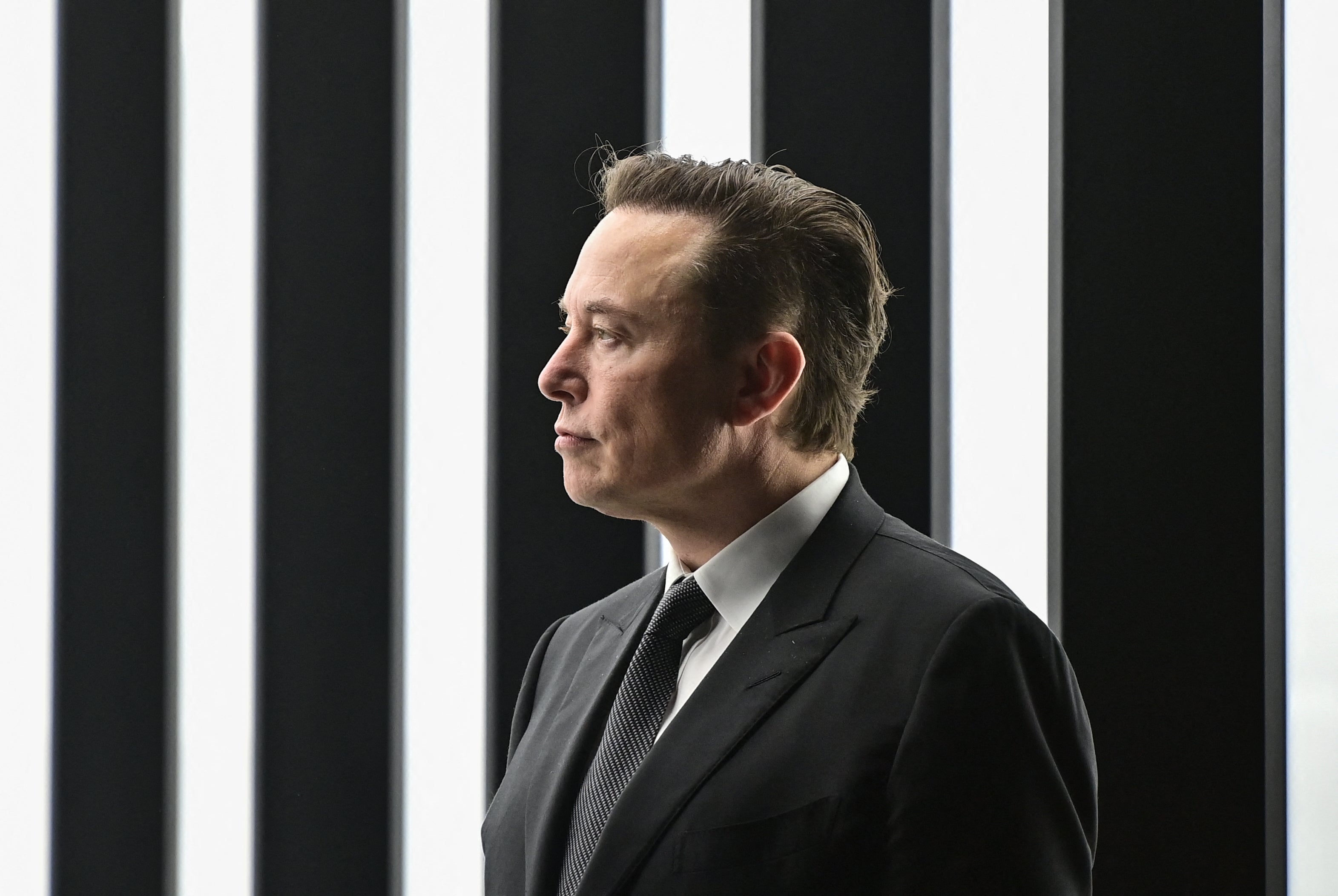Posting, pronouns, and ‘pedo guy’: A history of Elon Musk’s strange relationship with Twitter
Elon Musk became one of Twitter’s largest shareholders after purchasing a 9.2 per cent stake in the company amid apparent concerns over ‘free speech’

Elon Musk and Twitter have had a tumultuous relationship, but today the SpaceX founder has become one of the largest shareholders in the social media company.
Mr Musk now owns a nearly 10 per cent stake - 73,486,938 shares worth £2.20 billion – in the social networking company, which has used to allegedly manipulate the stock price of Tesla, inflate the worth of cryptocurrencies, argue with his ex-wife and musician Grimes, and baselessly accuse Vernon Unsworth of paedophilia.
Mr Musk tweeted last month that he was “worried about de facto bias in ‘the Twitter algorithm’ having a major effect on public discourse” and that “free speech is essential to a functioning democracy”. Mr Musk also said that Twitter serves as the “de facto public town square”, which is not true.
Twitter has 77.75 million users in the United States, while the population of the country is 329.5 million. Globally, Twitter only has 436 million monthly active users, putting it significantly behind Pinterest, Snapchat, and TikTok and ludicriously lower than Instagram, WhatsApp, and Facebook which have around 6,500 million monthly active users combined globally.
Mr Musk’s prominence on the platform and the media ecosystem that exists around him as one of the richest people on the planet may lead him to assume that the platform is more important than it is. The billionaire has over 80 million followers at the time of writing and has allegedly used the platform for his own gain.
In 2018, the billionaire was accused of fraud by the US Securities and Exchange Commission (SEC) after he tweeted that he was considering taking Tesla private for $420 a share.
“Musk’s statements, disseminated via Twitter, falsely indicated that, should he so choose, it was virtually certain that he could take Tesla private at a purchase price that reflected a substantial premium over Tesla stock’s then-current share price, that funding for this multi-billion dollar transaction had been secured, and that the only contingency was a shareholder vote,” the SEC suit said.
Subsequently, after a $20m settlement was paid by Mr Musk and Tesla, the billionaire was forced to have company lawyers examine his tweets before they were sent – something that was not always enforced.
Similarly Mr Musk, an advocate of cryptocurrencies such as bitcoin and dogecoin, was under investigation by the SEC over concerns that his tweets could impact the share prices and other markets. SpaceX owns some bitcoin, according to Mr Musk, and seems invested in other digital coins.
Mr Musk’s Twitter use has also impacted him personally, with dramatic results. In 2020, the billionaire tweeted that “pronouns suck” – an apparent slight against nonbinary and trans people who may put their pronouns in their bio to make conversation easier – only to have musician Grimes, who has two children with the Tesla head, respond: “I love you but please turn off ur phone or give me a dall [sic]. I cannot support hate. Please stop this. I know this isn’t your heart.” The pair have since split.
One year before that, Mr Musk called Vernon Unsworth, who helped to rescue a schoolboy football team trapped in a cave in Thailand in 2018, a “pedo guy” and “child rapist” with no evidence to back up the claim. Mr Musk apologised to Unsworth but claimed that he “did not accuse Mr Unsworth of being a pedophile.” A Los Angeles jury found that Mr Musk was not guilty of defamation.
Despite his committed use of the platform, Mr Musk has shared a photo comparing Twitter’s new chief executive Parag Agrawal to Joseph Stalin, and has asked whether a “new platform” is needed to encourage free speech.
The American ideals of free speech stems from the First Amendment of the US Constitution. It states: “Congress shall make no law respecting an establishment of religion, or prohibiting the free exercise thereof; or abridging the freedom of speech, or of the press; or the right of the people peaceably to assemble, and to petition the Government for a redress of grievances”.
Many right-wing US politicians have claimed of biases against their political ideology on social media, despite social media companies - including Twitter - finding that their algorithms amplify the ‘political right’. The First Amendment also does not apply to private companies, users remain responsible for the content published on social media companies, online forums, and comment sections under a regulation called Section 230, and any policy changes that could push Twitter towards less regulation of speech may run into the issues of content moderation.
“Just take the simplest possible case: spam. No one likes it! But private companies are able to filter unsolicited commercial mail in ways the Postal Service cannot, because the USPS is bound by the First Amendment”, Verge editor-in-chief and doctor of law Nilay Patel tweeted. For Elon Musk specifically, spam accounts attempting to imitate the chief executive to conduct crypto scams is an issue Twitter consistently has to deal with.
It is unclear how a platform that is geared towards less moderation would contend with this, but many others that have attempted to carve out such a niche such as Parler or Donald Trump’s ‘Truth Social’ have been removed from Apple and Google’s app stores for violating their moderation policies or branded as ‘disasters’.
Join our commenting forum
Join thought-provoking conversations, follow other Independent readers and see their replies
Comments
Bookmark popover
Removed from bookmarks